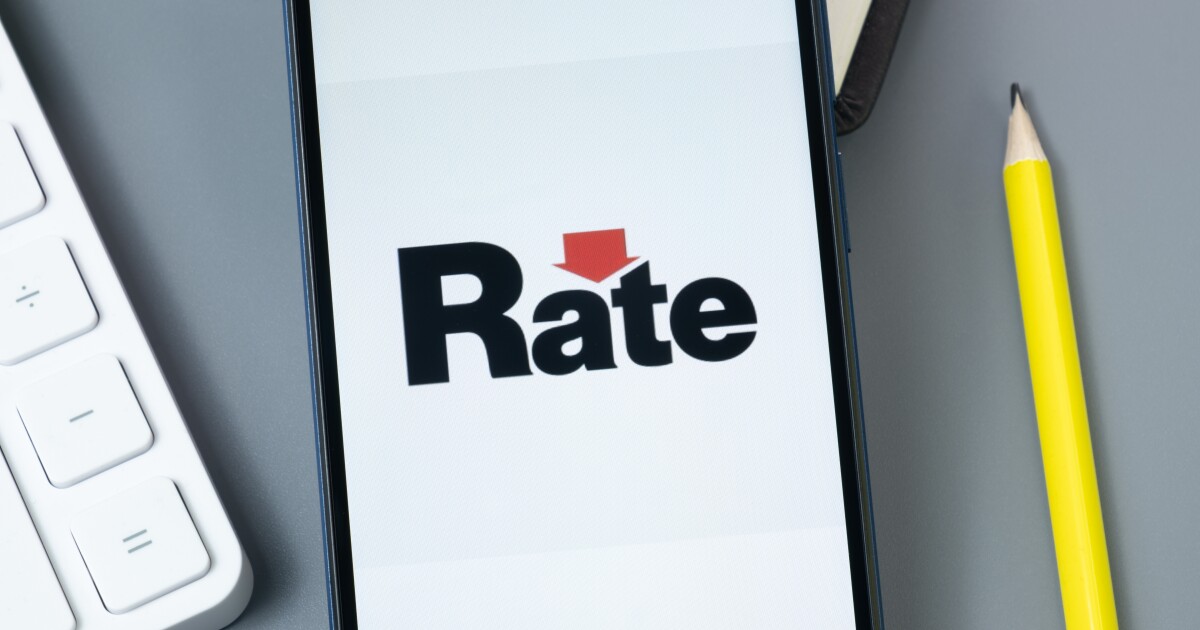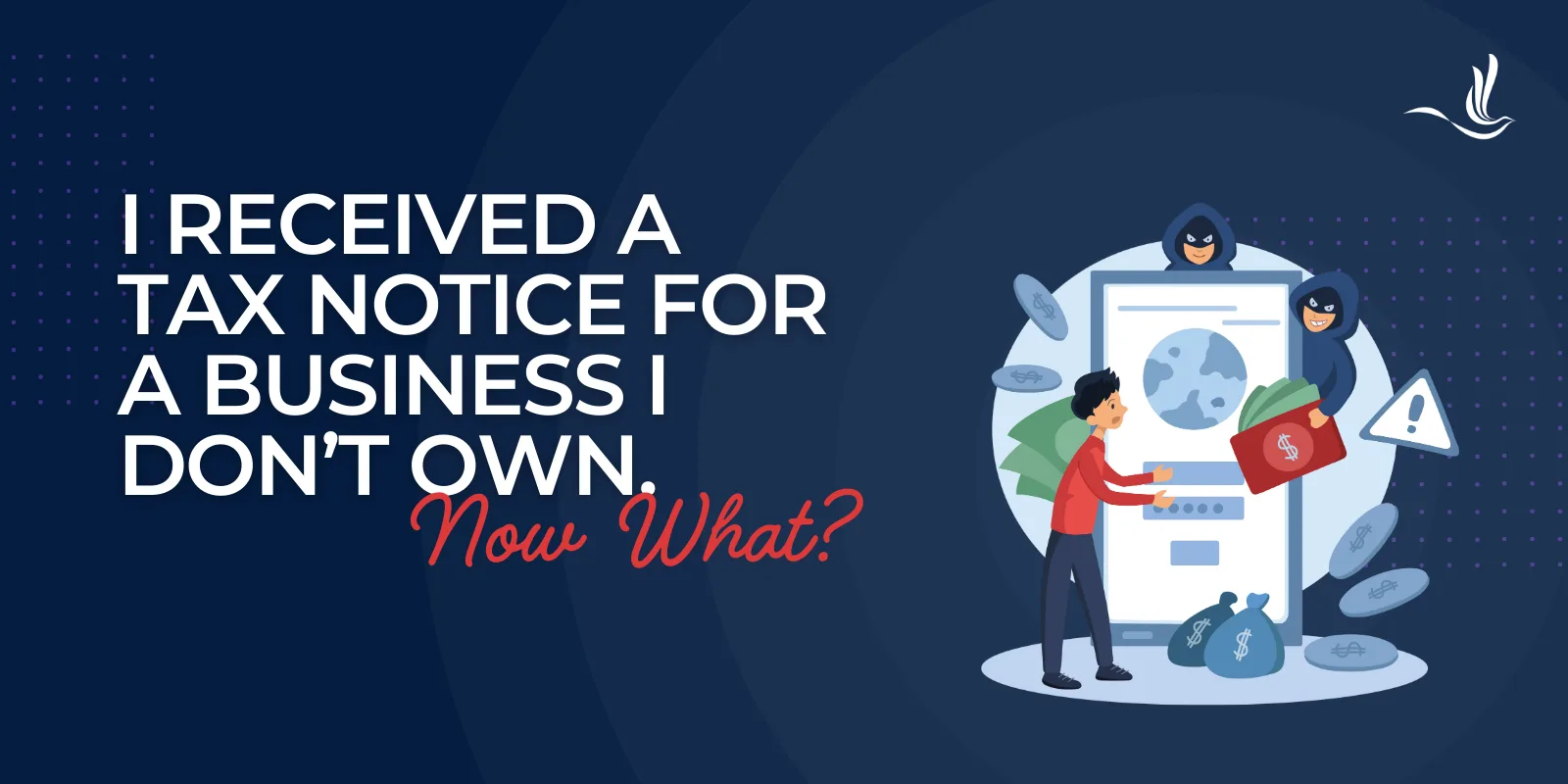National lender Rate Cos. unveiled a new product strategy this week aimed to serve entrepreneurs and other self-employed individuals with nontraditional forms of income as it looks to build on 2024’s momentum.
The company,
“We’ve listened to the market and built Rate Portfolio to serve the real-world needs of modern borrowers,” said Kate Amor, head of enterprise products, in a press release.
“From property investors and sole proprietors, to entrepreneurs and gig workers or borrowers with significant assets, Rate Portfolio unlocks common-sense financing options that weren’t previously accessible to hardworking Americans through traditional lending channels,” she added.
Rate Portfolio features four different products. The Rate Portfolio Self-Employed offering will help qualify a borrower through cash flow based on examination of income documents.The Rate Portfolio Assets product looks at a customer’s financial holdings either entirely or as a supplement to other income to qualify for a mortgage.
Meanwhile, Rate Portfolio Investor for real estate entrepreneurs is based on a property’s expected revenue from rental income. Also included in Rate Portfolio is a buy-before-you-sell option to allow for a new home purchase before the homeowner has moved out of their previous residence.
“At Rate, we think that homeownership should be accessible to well-qualified borrowers, regardless of how their income is structured,”
Rate’s announcement comes as more companies look to adapt to changing income streams and ease the borrowing process for entrepreneurs through customized offerings. Last week, Better partnered with financing firm Biz2Credit to
The launch of the new portfolio of products follows a year that Rate
While many of the products included in Rate’s announcement might fall
The non-QM segment saw growth accelerate at the end of 2024 with the highest quarterly volume for the year in the final three months, according to recent secondary market data from Morningstar DBRS.
Transaction closing data came in at approximately $11.1 billion in the fourth quarter, much of it thanks to “a persistently supportive macroeconomic environment,” Morningstar said.
Publisher: Source link











